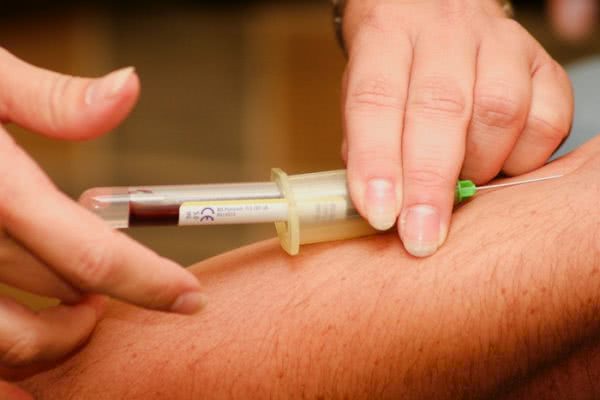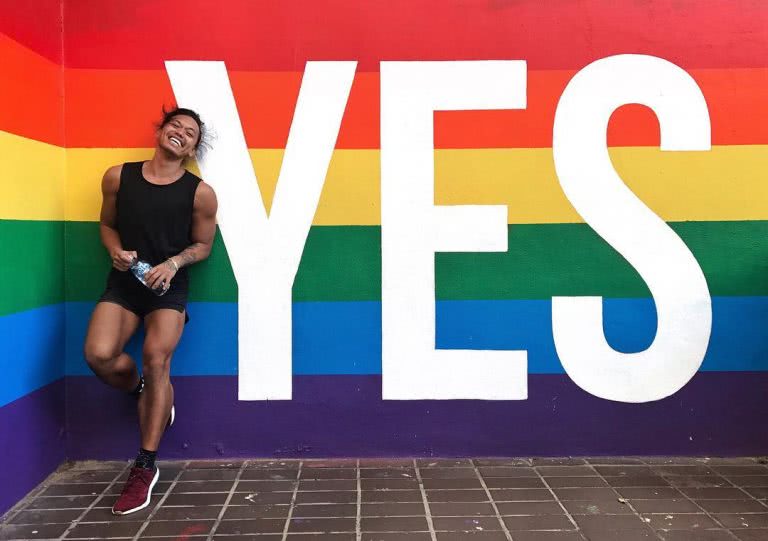Did you know most gay men still aren’t allowed to donate blood in Australia? MasterChef Australia’s Khanh Ong calls for change in legislation and better screening practices so he and fellow LGBTQI+ friends can donate.
In a post shared to his Instagram account, the celebrity chef and former DJ, shared his frustration that he and his male gay friends are unable to donate blood unless celibate for 12 months.
Yep, you read that right, gay men in Australia must go without sex for a whole year to be eligible to donate the much-needed life-saving resource. An outdated law from 1984 is preventing them from donating – even if they practise safe sex and use a condom.
According to the Australian Red Cross Lifeblood service, gay men are joined by sex workers and transgender people who have had sex with a man in the last 12 months, in their inability to donate to Australia’s blood bank. Gay women and heterosexuals however? No problem!
With Australia’s blood donations running critically low this year, Ong and his peers are becoming increasingly disheartened they can’t help, the Melbournian commenting there is a “common feeling of disappointment” in the queer community at the lack of being able to donate.
The reason for the current 12-month period of abstinence for gay men is a result of the HIV/AIDS epidemic, prevalent in gay communities back in the 80s. A factsheet from Lifeblood says “even men in a declared exclusive gay relationship – have, on average, a 50 times greater risk of HIV infection, compared to heterosexual Australians with a new sexual partner.”
But Ong believes it’s a policy that “needs to be revisited.”
Love Film & TV?
Get your daily dose of everything happening in music, film and TV in Australia and abroad.
He says in his post, “With safer sex practices, better education 40 years on and regular testing… A screening process could be implemented to make sure my blood just like any other Australian’s is safe and able to be donated.”

“I think it’s time. We also just want to help, let us.”
The good news is, the rules are changing. In April this year, Lifeblood committed to a review of the restrictions and suggested the 12-month period be reduced to three months. The Therapeutic Goods Administration (TGA) accepted the proposal, and so did all governments within Australia. Now it’s just a matter of waiting for Lifeblood update their systems, which are due to come into effect on January 31 next year.
But doctors and experts say three months is still too long, with the updated technology and information we now have, and will likely leave most still unable to donate.
Ong’s fans rallied around him in his move for change and thanked him for bringing awareness to an issue most were oblivious to. “I had no idea this rule existed” commented one, while others labelled the current rules “archaic” and a “ridiculous and outdated policy”.
“It’s insane to think legislation isn’t keeping up with society and as a result putting people’s lives at risk,” said another.
You can read Ong’s post in full here:
View this post on Instagram


































